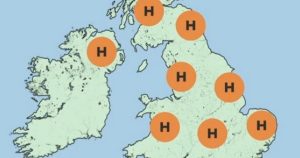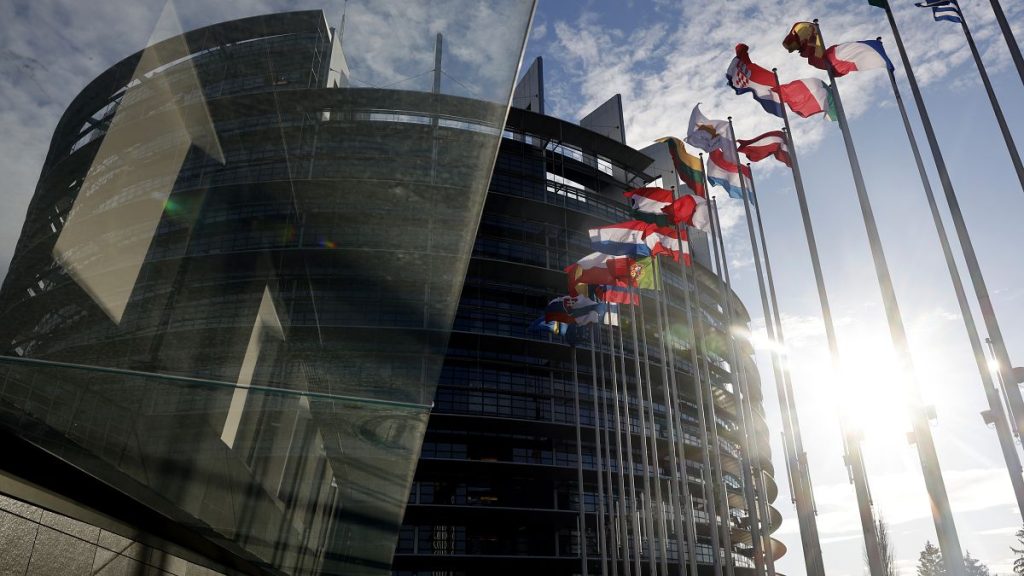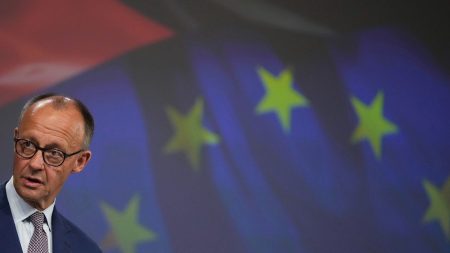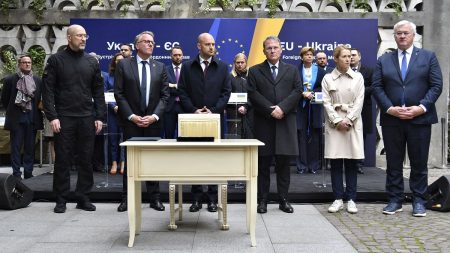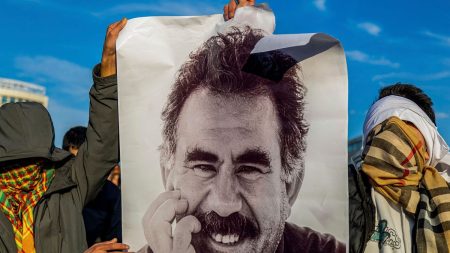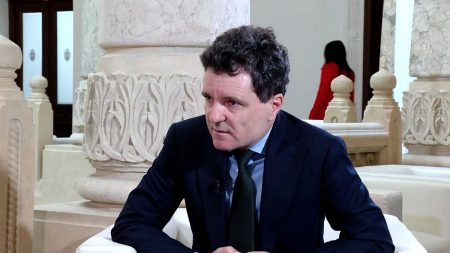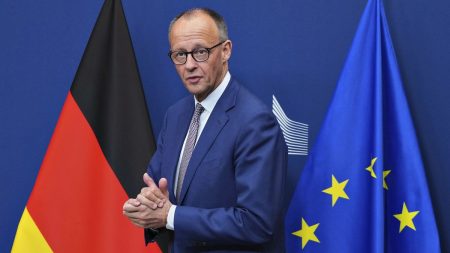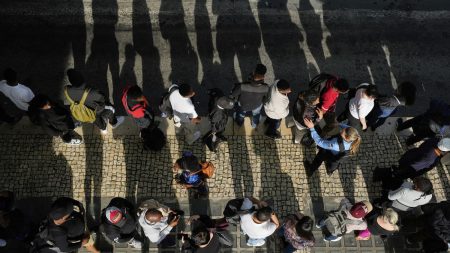A recent investigation by Transparency International EU has shed light on the substantial outside income earned by a significant portion of Members of the European Parliament (MEPs). The study revealed that roughly 30% of the 720 MEPs supplement their parliamentary salaries with external earnings, collectively totaling over €6.3 million annually. These secondary sources of income range from work for agricultural lobby groups and automotive consultancies to positions within major financial institutions, raising concerns about potential conflicts of interest between MEPs’ public duties and private financial pursuits.
The report highlights several notable examples. Gheorghe Piperea, a Romanian MEP, leads the pack with an estimated €657,000 in annual outside income, primarily derived from his law firm. He is followed by Laurent Castillo, a French doctor, and Roberto Vannacci, an Italian author whose recent political book proved unexpectedly profitable. These additional earnings are layered atop the already generous compensation package provided to all MEPs, which includes a base salary of €124,000, an expenditure allowance of €59,400, and a typical attendance allowance of €52,800.
While MEPs are permitted to hold outside jobs, they are required to publicly disclose these activities under rules strengthened in the aftermath of the Qatargate lobbying scandal. However, the crux of Transparency International’s concern lies not solely in the amount of outside income but in the potential for these external engagements to influence MEPs’ legislative work and create conflicts of interest. The organization points to the inherent ambiguity in the current regulations, which leave the determination of conflicts of interest largely to the discretion of individual MEPs.
The report details specific instances where this potential conflict appears particularly acute. Stefan Köhler and Christine Singer, both German MEPs, receive thousands of euros monthly from the Bavarian Farmers’ Association, an organization representing agricultural and forestry interests. Simultaneously, both MEPs serve on the Parliament’s agriculture and environment committees, creating a clear overlap between their private financial interests and their public policy responsibilities. Similarly, Filip Turek, a Czech MEP, earns €10,000 per month as a freelance automotive consultant while also actively participating in parliamentary discussions and debates related to the automotive industry.
Some MEPs defend their outside activities, arguing that maintaining ties to the private sector is crucial for staying grounded and connected to the realities of the industries they regulate. Laurent Castillo, for instance, emphasizes the importance of remaining connected to his medical practice while advocating for better health policies in Parliament. Similarly, Monika Hohlmeier, who earns a substantial sum from a multinational agriculture and energy company, argues that MEPs should not be isolated in a political “ivory tower” but should remain engaged with the broader business world.
Others maintain that their outside work does not interfere with their parliamentary duties. Charles Goerens, who holds a position with a financial firm, points out that his committee assignments focus on agriculture and constitutional affairs rather than financial regulation, thus precluding any conflict. However, Transparency International argues that such justifications often overlook the broader influence MEPs wield, such as submitting questions on specific topics or influencing colleagues, even if they are not directly involved with the relevant committee work. The organization advocates for stricter regulations, including proactive verification of declarations by the European Parliament or an external body, along with enforceable sanctions for breaches of the code of conduct. This call for greater transparency and accountability comes on the heels of a previous report by Transparency International, which highlighted another MEP with substantial outside income from a company with Russian business interests. This individual is no longer an MEP and is currently under investigation for alleged fraudulent payments. The current report underscores the ongoing need for robust oversight and stricter ethical guidelines to ensure the integrity of the European Parliament and prevent potential conflicts of interest from undermining its legislative work.

